AND HOW TO GET ONE ON YOUR TEAM. STAT!
Oh, man. You thought you had managed through the more difficult challenges of living with prostate cancer, and then you learn the cancer has progressed to an advanced stage. You wonder how this could have happened. Sure, you wanted to hear the rest of what the doctor said. But after the diagnosis registered, you were only able to process every other word. Your head became filled with an endless stream of questions.




627f.png?itok=PoTlGU5W)